How Covid-19 will change our Ways to Travel
Currently, the world is experiencing a crisis that does not have any compare in history. The travel and hospitality industry is probably the most affected of all. How will (or may) things look once we have survived corona-19? In this article, I am thinking out loud.
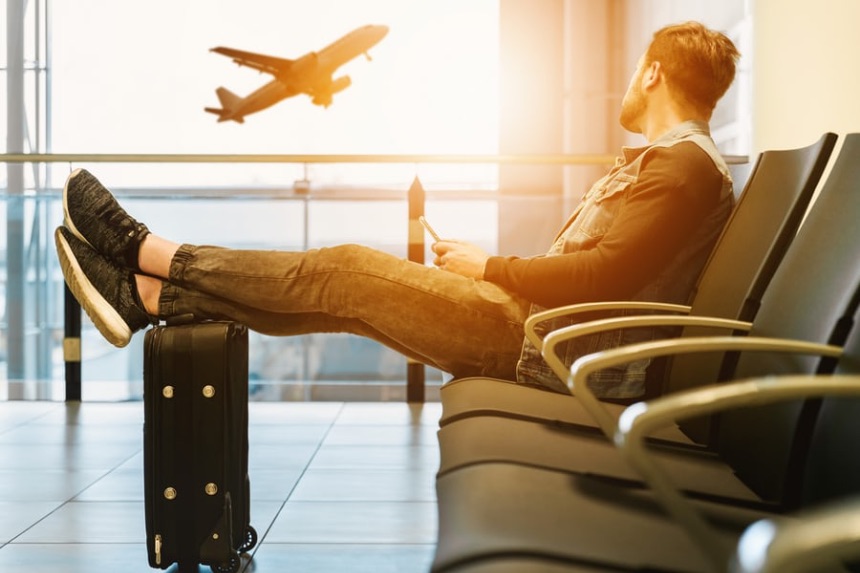
©Jeshoots
Travel and Hospitality Industry in deep Threat
International travel has come to a standstill. According to the German Chamber of Commerce, the risk of bankruptcy within the travel industry is twice as high as for all other branches. 40% of German tourism companies are in deep threat. Klaus Reinhardt, head of the German Medical Association, does not believe that this year´s summer holidays will be possible as in the past. Some German organizations are already asking the government to postpone school holidays in order not to lose the whole business during high season. A pretty dark scenario at this stage. How will (may) the travel and hospitality industry look like once COVID-19 has been defeated? How will (may) we travel in the future? These are my very personal thoughts.
First of all, we will, of course, continue to travel. It is a necessity in life. It becomes even more important after months of social distancing, staying at home or at least in one place. COVID-19 is one problem (and it will most likely not be the last virus conquering our planet), climate change and the necessity of changing habits is another one. The impact on global economies and consumer spending will be brutal. On the other hand, our planet gets the chance for a recovery. At least something positive!
More expensive Travel by Air
No doubt that many airlines will not survive. Others will shrink. As Carsten Spohr, CEO of Lufthansa, recently said - the airline will be smaller, stronger, more slender. Fewer aircraft, fewer employees, reduced costs. Maybe we will get back to the point that almost every country just has a national airline, as decades ago. And - air travel will be more expensive. Not such a bad thing. We were used to ridiculously low airfares to get from A to B, at the expense of quality and sometimes even at the expense of safety. And - the annual increase in air traffic is poison for our planet, we all know that. Alistair Pritchard, the tourism expert of Deloitte, predicts three fields, in particular, that will suffer. And I could not agree more with him.
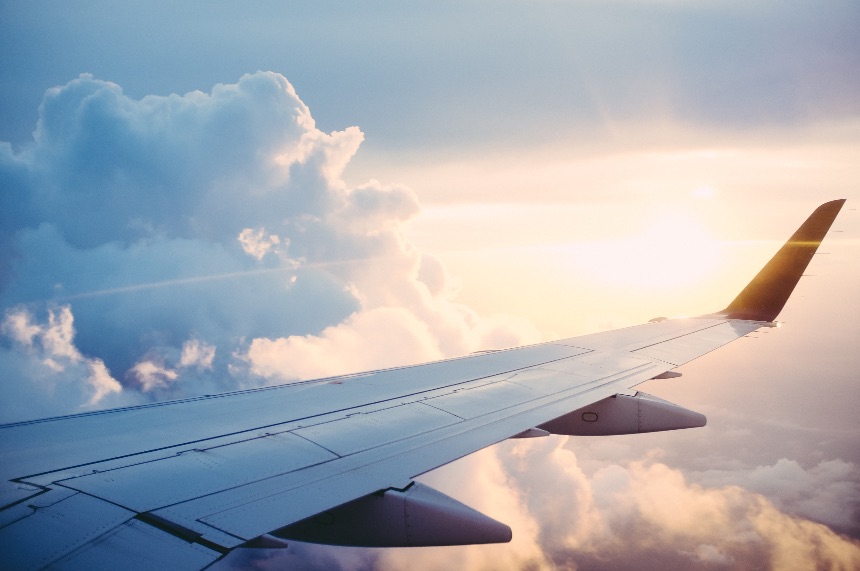
Photo by Ross Parmly on Unsplash
Challenges for long-haul and Business Travel and Cruises
Long-haul travel will shrink. With fewer airlines, travel to exotic places will become more expensive. Also, I hope (and think) that people will be more conscious in the future. Just crossing the Atlantic Ocean for a weekend of Christmas shopping in New York may be frowned upon. We will want, of course, to continue to explore destinations far away from home but possibly not every year. The fight for travelers among destination marketers will be fierce. Rather safe and well-developed countries with breathtaking nature such as Canada and New Zealand may be the winners.
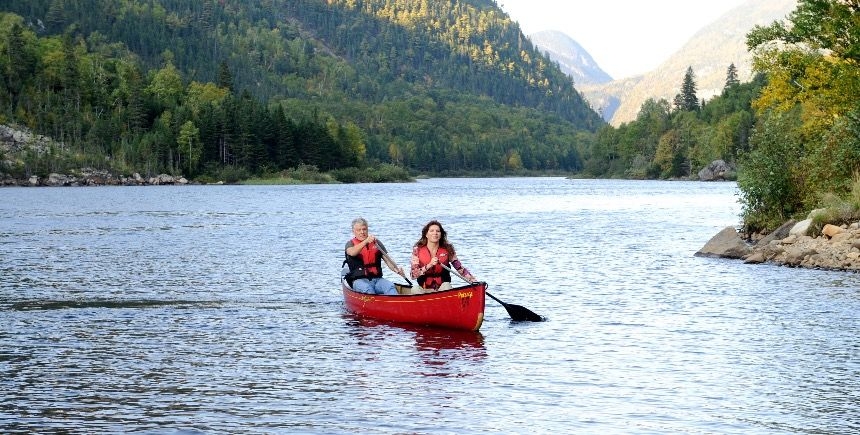
Photo: Canada will most probably remain a trendy destination
Business travel will suffer for sure. During the crisis, many companies and their employees have become much savvier with using virtual meeting technologies. They will not completely replace personal meetings (after all, we want to socialize with our peers) but reduce the number of business travel. A personal anecdote: I remember a big function of a German company that took place in Toronto, Canada for two weeks. A colleague went back and forth to Germany just to attend a wedding. Four long-haul flights in one week ... hopefully and most likely, this will be behind us.
Cruises. Quite frankly, I never understood why so many "swimming cities" with a capacity of over 6,000 passengers flooded our oceans year after year. Apart from all the fuel - think about the tons of food that need to be deep-frozen, all the waste, the ecologic and economic impact for some destinations (just to name Venice or Dubrovnik) and so on. With the current incidents, it is my feeling that this segment will no longer increase.
Opportunities for true Brands
After all, with a global recession and less income, consumers will have to make smart decisions about how to spend their money. True brands that people have an affection to will have a big competitive advantage. Consumers may choose more and more eco-friendly and sustainable hotels that care for hygienic measures and that are unique. We will realize that there are way too many hotels, just think about the South of Tenerife in Spain or Dubai. This is hopefully the end of building large concrete hotels that blight beautiful landscapes. And yes, travelers may tend to avoid the most crowded sites in a destination, a great opportunity for less known regions. Travel will be more balanced. Nature first, rather slow than fast, more regional than international travel.
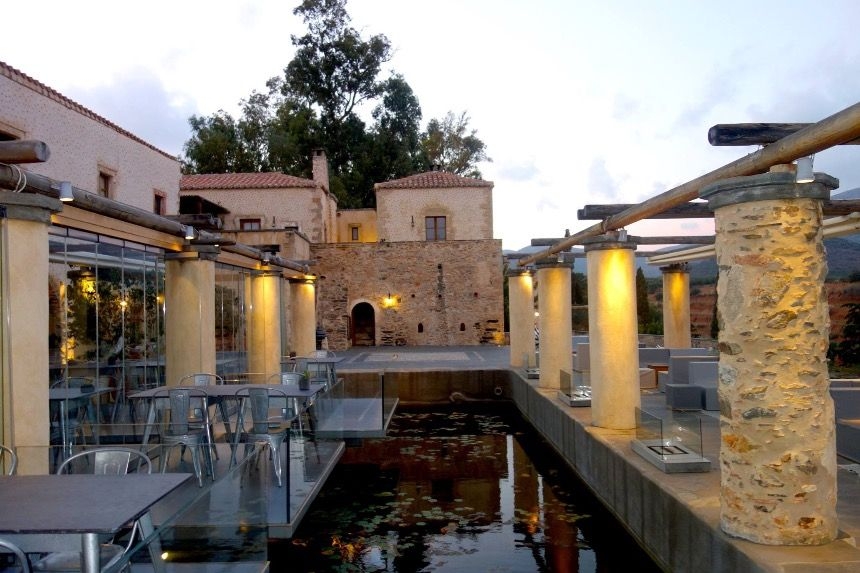
Photo: The Kinsterna Hotel in Monemvasia, Greece - unique and eco-friendly
Yes, it will be tough for the travel and hospitality industry and only the strongest will survive. I feel bad for those many destinations that largely depend on tourism and air access. Destinations and the travel industry will have to educate travelers even more on health and hygiene. They will need a lot of creativity, innovation, patience, and power. The travel industry will have to maintain or create a helpful, sensitive and inspirational communication with their (potential) clients. Domestic travel will continue to increase, destinations that can be reached by car or train.
A few Statements from Tourism Stakeholders
"If there is one good thing that will come out of this is that clients will appreciate the fact much more to be able to go on vacation. It will not be normal anymore and just another vacation, it will be special," says Timo Kohlenberg, President & CEO of America Unlimited, a German tour operator specialized in travel to North America.
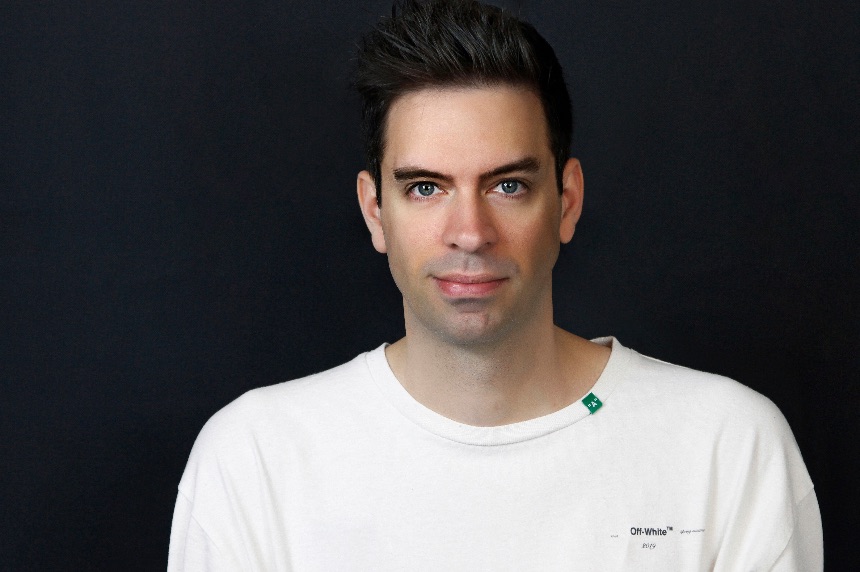
"Something good always comes from something bad. Less and more expensive flights, less all-inclusive and low-quality mass services - all of this will be an opportunity to re-position the true essence of travel. We travel to become better people both egoistically and altruistically - to show respect to nature, learn about history and traditions, rejuvenate our body and soul, connect with people, reflect and educate, open our minds and self-transform. We will travel with more sensibility and sensitivity and this may lead to better things both for the people and the planet," says Elena Papanicolau, Owner of the Greek luxury travel agency Fly me to the Moon.
On a personal note, I will travel less and differently for sure. However, this was also my intention before the outbreak of COVID-19. No doubt that I cannot do without air travel but I will use trains whenever possible. I will continue to carefully select the hotels I am visiting and working with. Having been to more than 50 countries in the world, I had already decided years ago not to longer visit countries where the health risk is elevated. There is not only COVID-19 but malaria, the Zika virus, dengue and so on. In our globalized times, you are, of course, never completely protected but you can considerably reduce the risk. Again, this is a very personal opinion. And maybe one day I will just feel like visiting Brazil again, who knows. A few exotic destinations are still on my bucket list. For the time being, my focus is on Germany and the many beautiful European destinations that need our help to survive. Hiking in the Alps, enjoying the breathtaking beauty of the Greek islands, visiting less known cities. The ability to travel is a precious gift that we have to appreciate. Let´s continue to travel, but differently. There is no going back to "normal".
Did you like this article? If so, you may also wish to read this one about true luxury.
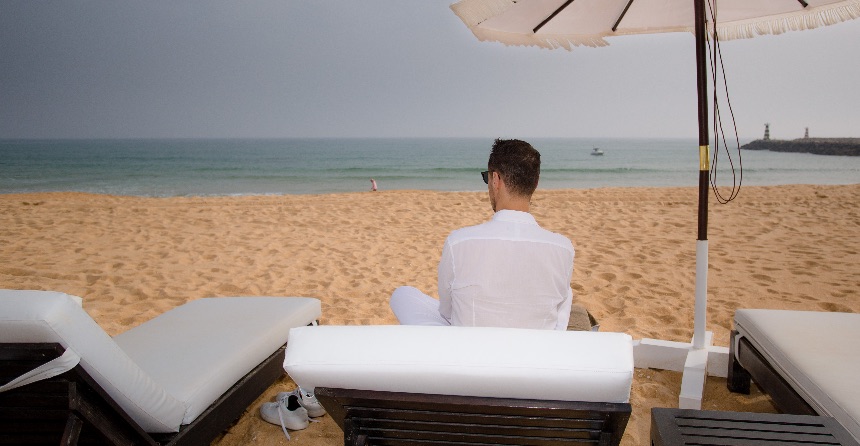
Photo: Enjoying the stunning beaches of Vilamoura, Portugal



